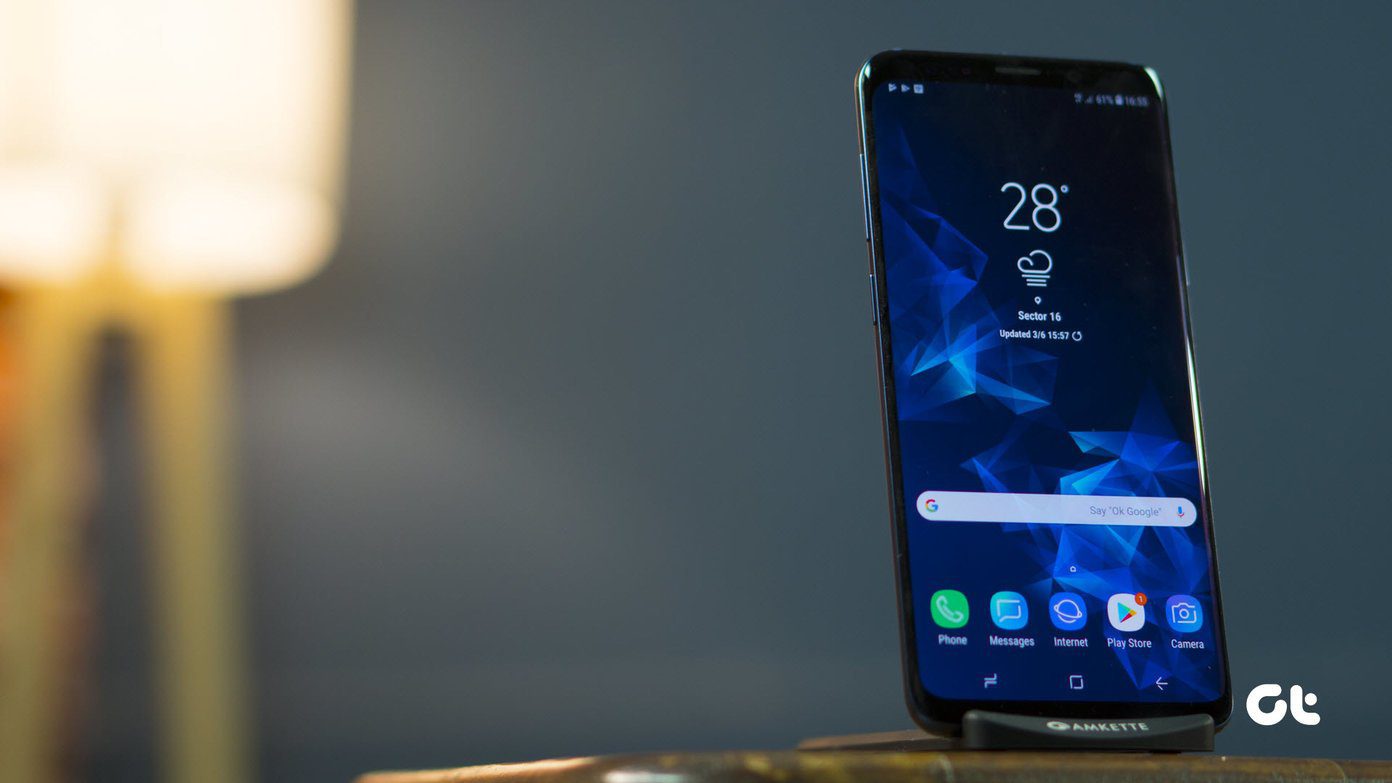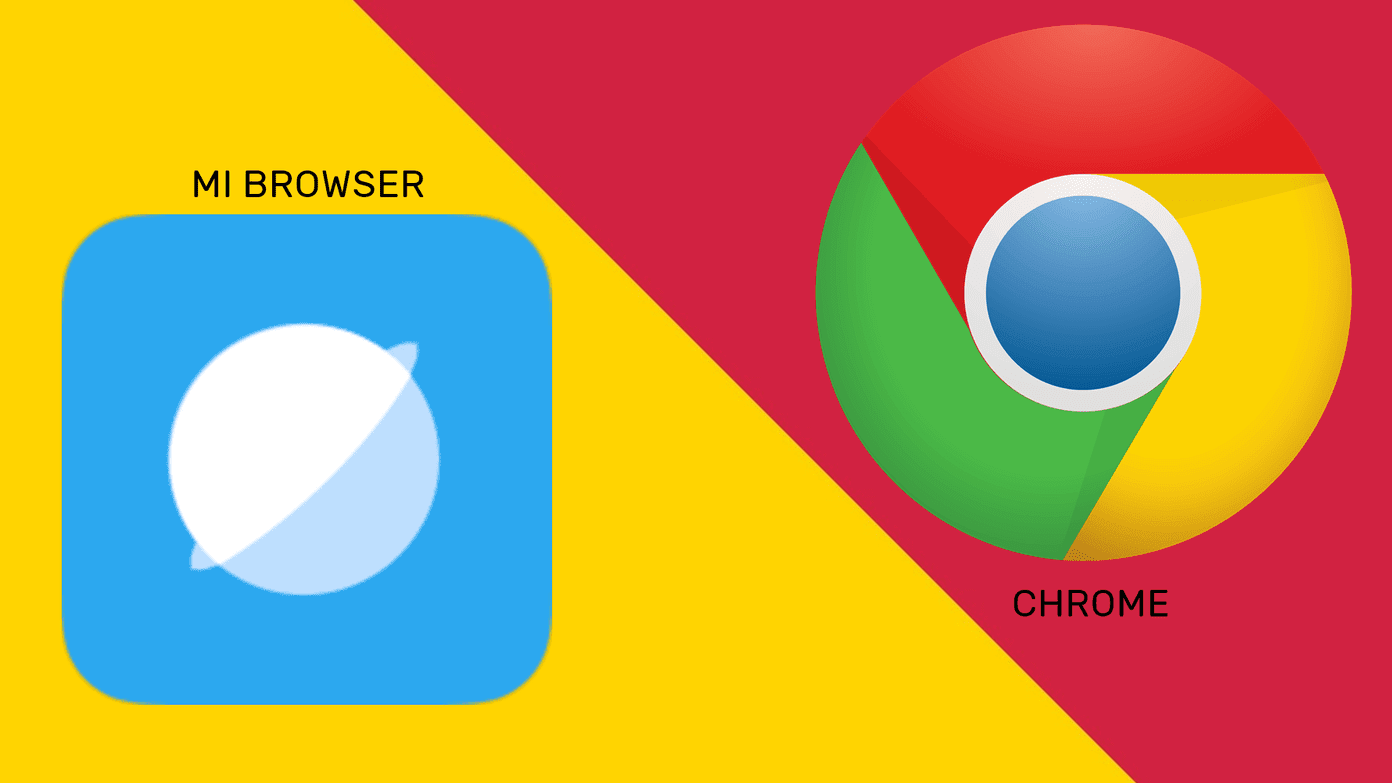Samsung Internet browser comes pre-installed on all Samsung devices, and recently the company made it available for other Android phones in the Play Store. Firefox, an age-old rival of Chrome started making headlines with their new Quantum engine in its recent versions for desktop and mobile. In this post, we will pit Samsung Internet against the Firefox on various aspects to conclude which browser deserves the default choice for your Android phone. I’m using Google Pixel XL to deliver a balanced view of both the browsers. Wherever required, I will make observations on using the Samsung Internet on a Samsung device.
App Size
The Samsung Internet weights around 40MB. The Firefox app doesn’t show the exact size in the official listing but judging by the app data, and it should require around 35MB of storage space. Download Samsung Internet Download Firefox for Android
User Interface
When you look at the homepage of both the browsers, you can notice how the fundamentals are different on Firefox and Samsung Internet. Samsung Internet browser uses a bottom menu bar for navigation. You can switch to multiple tabs and access download menu, bookmarks, history, and settings menu from the bottom tab. It’s a thoughtful design since smartphones are getting taller, and the ease in reachability should be the priority of any browser. Samsung Internet recently introduced the ‘One UI’ makeover with rounded tabs and it matches perfectly with the Samsung devices with the rounded display corners but looks out of touch on devices like Pixel XL and other devices. There is a default news app (Bloatware) powered by the Dailyhunt, which I hardly found useful. Unfortunately, it can’t be disabled. Firefox sticks to the old address bar style. All the buttons rest at the top, which may increase the finger/thumb travel on taller phones. The tabs menu follows a card style design, which I like since it displays more content at a time. Another thoughtful addition is quick access to bookmarks and history page which is just a swipe away on the homepage.
Web-Rendering Engine
Samsung Internet uses Google’s Chromium engine to render the page. The Chromium engine is open source and used by many popular browsers like Microsoft Edge and Opera. The Firefox, until recently was using an age-old Gecko engine to display the content. Quantum project based on a crazy fast Servo engine revamped Firefox completely since version 60. Mozilla first made it available on the Firefox desktop, and after positive feedback, it made its way to Android.
Speed and Performance
Speed is the most critical parameter for choosing any web browser. I often found Samsung Internet loading web pages faster than Firefox. One can attribute the reason for that as Firefox uses a different rendering engine than Chromium. The reason I’m pointing the slow speed to the Firefox’s rendering engine is, I tested the same websites with Firefox Focus which is a yet another browser by Mozilla but built on the Chromium. The results were matching with the Samsung Internet. Download Firefox Focus for Android
Cross-Platform Availability
Here is where Firefox fights back with the availability on every major platform. You can access Firefox on Android, iOS, Windows, macOS, and even Linux. Just sign up for the Firefox account, and you can sync bookmarks, history, saved pages and other information across platforms. Samsung Internet is available only on Android. You can also access the data on the PC, but there is a catch. Samsung offers a Chrome extension where you can access the bookmarks on the big screen. Samsung uses its cloud service to sync the data between devices. Get Samsung Internet extension for Chrome
Extension Support
It’s a no brainer here. Firefox, as you may know, offers a dedicated extension store in the app. You can change the look, block unwanted ads, use the dark theme, and do dozens of more customization using the add-ons. Samsung Internet offers ad-blocking functionality through extensions only. You will need to download them from the Play Store and turn it on from the settings menu of the app. It’s straightforward and gets the job done.
Reader Mode
By default, both the browsers offer a reader mode. You can easily convert the page in a reader mode from the little icon from the address bar. Firefox lets you change the fonts size, style, and change the theme in the reader mode. Samsung Internet goes step ahead by giving out six fonts styles to choose from instead of just two in the Firefox. Unfortunately, you can’t set the webpage to load in reader mode by default. You will need to press the reader mode icon every time to use it.
Unique Features
With Samsung Internet, you can save a web page to read it later without data. It works like the Pocket app, and you can access it from the bottom menu. The company also has added an excellent dark theme which is fantastic for everyone who prefers reading a lot of text at night. Firefox lets you save a web page as pdf, which is more useful as it’s easily shareable. You can also add a new Guest Session to allow others browse the web. As always, both the apps let you request desktop version version of a site, print a page and find an item on the page from the menu.
Still Confused?
Let me help you with the confusion. Samsung Internet has the upper hand in speed, interface, and extra features. But it’s not available on other platforms. And here is where Firefox shines. Firefox is available on every major platform and offers richer extension support compared to Samsung Internet. Next Up: All the Xiaomi phones come with a Mi Browser built-in. Check our comparison below to learn how it fares against the Google Chrome browser for Android. The above article may contain affiliate links which help support Guiding Tech. However, it does not affect our editorial integrity. The content remains unbiased and authentic.

























